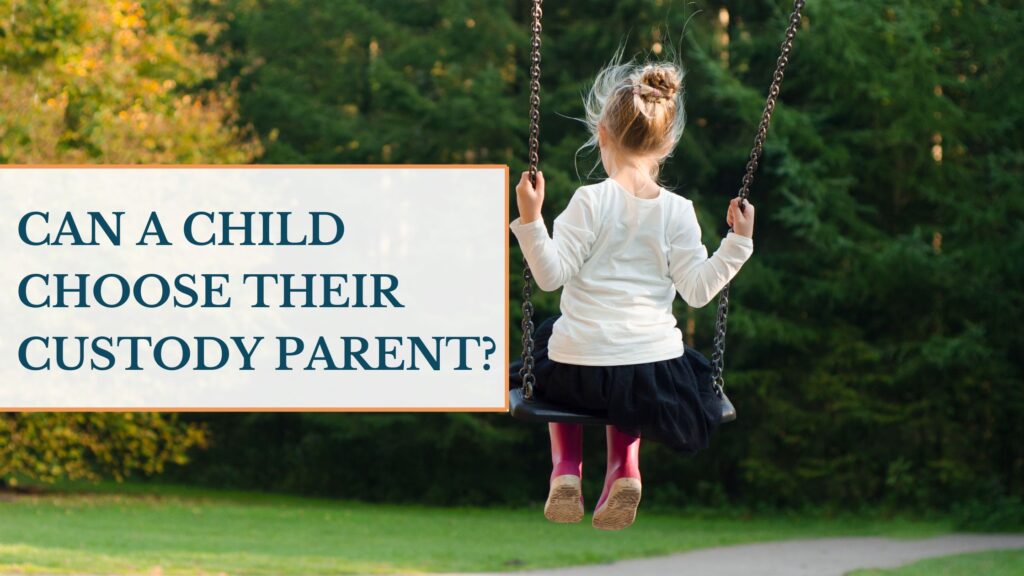
Navigating child custody cases can be emotionally complex, particularly when it comes to understanding the role of a child’s preference in determining their living arrangements. At Benjamin Kaasa Law Office, PLLC, we recognize the importance of considering the child’s best interests while also acknowledging their voice in the process. Under Minnesota law, the child’s preference is one of several factors the court considers when deciding custody, but it is not the sole determining factor. Here, we provide an overview of how a child’s preference is treated in custody cases and offer guidance on navigating this sensitive issue.
Legal Framework for Child Custody Decisions
In child custody cases, the court’s primary focus is on the best interests of the child. Various factors are considered, including the child’s emotional, psychological, and physical well-being. While a child’s preference can be an important factor, it is not the sole determinant in custody decisions.
Age and Maturity of the Child
The weight given to a child’s preference often depends on their age and maturity. Generally, older children and teenagers may have their preferences considered more seriously by the court. However, the court will assess whether the child has the maturity to make an informed decision and whether their preference aligns with their best interests.
Judicial Discretion and Child Interviews
Judges have discretion in how they gather and weigh a child’s preference. In some cases, judges may conduct in-camera interviews with the child, where the discussion is held privately in the judge’s chambers. This allows the child to express their wishes without the pressure of being in the courtroom. The judge will consider these discussions alongside other evidence and factors in the case.
Guardian ad Litem and Child Custody Evaluations
In certain cases, a guardian ad litem (GAL) may be appointed to represent the child’s interests. The GAL will conduct an independent investigation, including interviews with the child, parents, and other relevant parties. The GAL’s findings and recommendations are then presented to the court. Additionally, child custody evaluations by mental health professionals may be conducted to provide a comprehensive assessment of the child’s needs and preferences.
Balancing Preferences with Best Interests
While a child’s preference is a significant consideration, it must be balanced with other factors to ensure the best possible outcome for the child. These factors include the stability of each parent’s home environment, the child’s relationship with each parent, and the ability of each parent to meet the child’s needs. The court’s goal is to create a custody arrangement that supports the child’s overall well-being and development.
How We Can Help
At Benjamin Kaasa Law Office, PLLC, we understand the delicate nature of child custody cases and the importance of giving children a voice while ensuring their best interests are protected. Our experienced family law attorney is here to provide you with the guidance and representation you need to navigate this challenging process. Whether you need help understanding how your child’s preference might impact your case or require assistance with custody evaluations and court proceedings, we are here to support you every step of the way.
Conclusion
Determining a child’s living arrangements in a custody case involves careful consideration of many factors, including the child’s preference. While a child’s wishes are important, they are one piece of a larger puzzle aimed at ensuring the child’s best interests are met. With proper legal guidance and support, you can navigate this complex process and work towards a custody arrangement that promotes your child’s well-being and stability. If you have any questions or need legal assistance, contact us today for a consultation.

